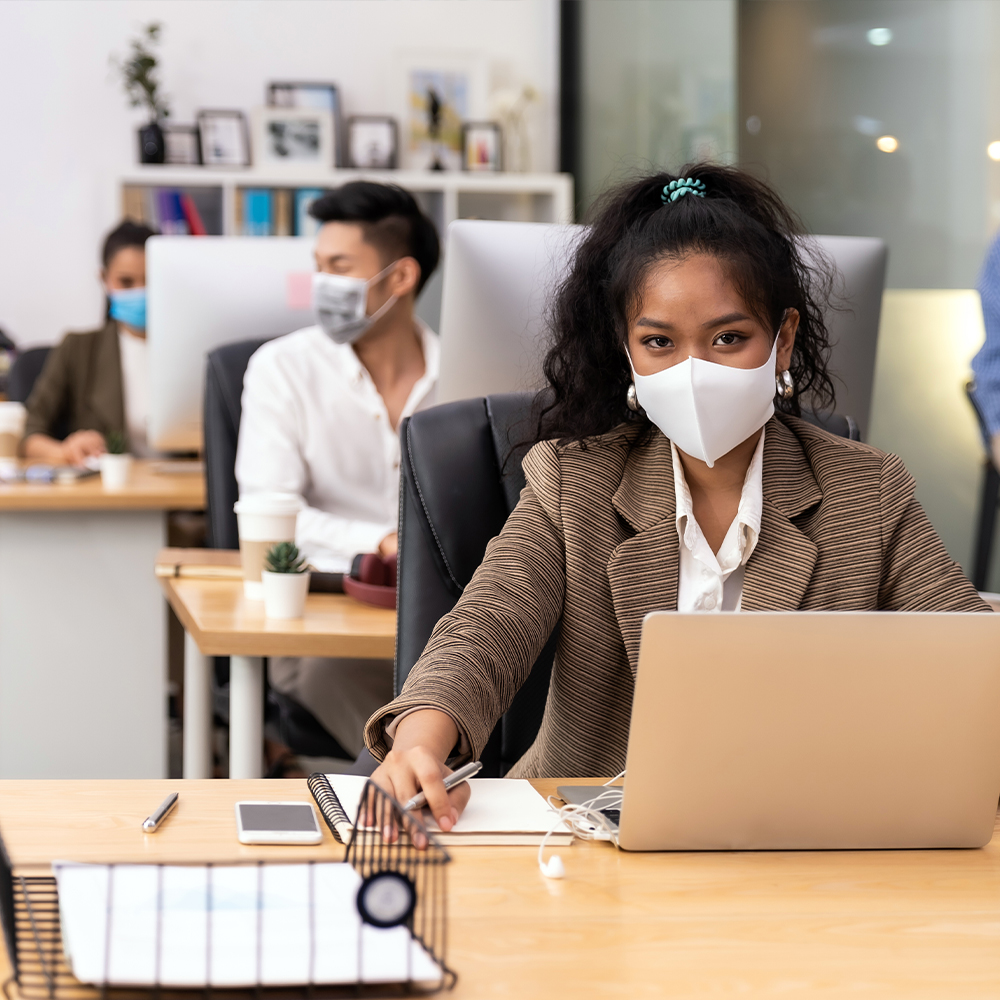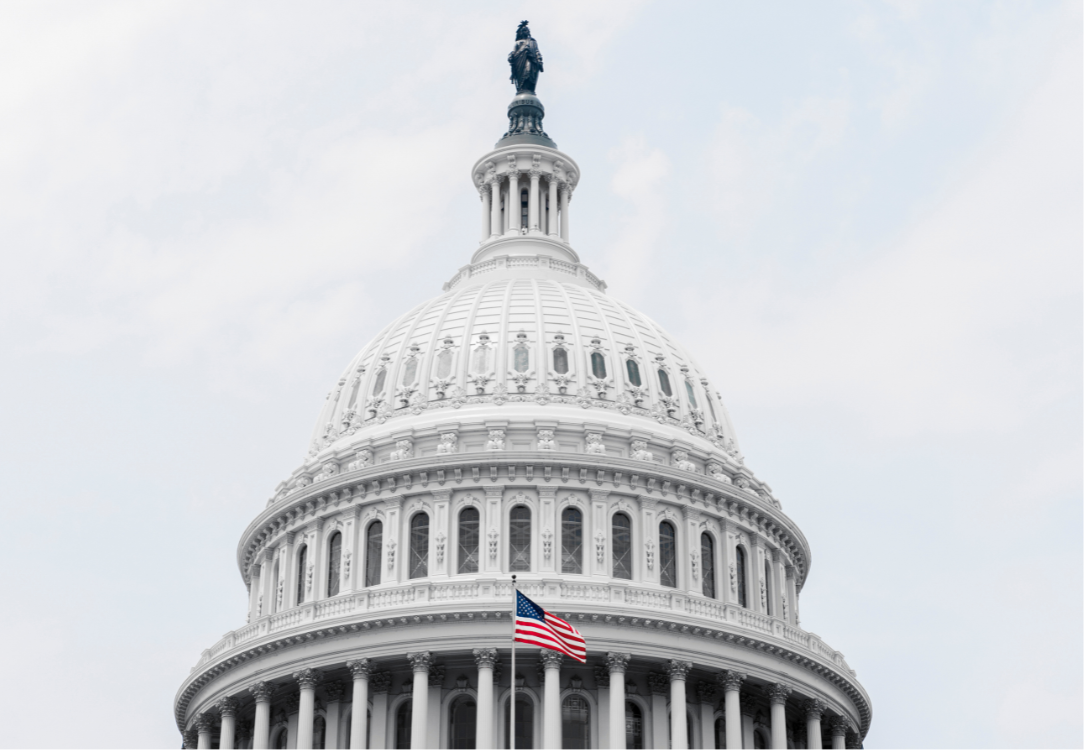With the COVID-19 vaccine becoming much more widely available across the country, the topic of returning to in-person work, school and other activities is being discussed constantly. The reopening of the country, though, comes with some uncertainties and may lead to feelings of re-entry anxiety.
What Is Re-entry Anxiety?
Re-entry anxiety is an overall uneasiness or uncertainty about returning to the way things were before the pandemic. This feeling may be triggered when meeting socially with friends and family, going back to the workplace or pursuing other important aspects of social interaction. After being separated from life as we knew it before the pandemic, it might be difficult to get reacclimated.
Re-entry anxiety can come in many forms. Some may feel nervous about interacting with people who might not be vaccinated. Others might simply be nervous to interact with people face-to-face after being removed for so long. Regardless of the situation, it’s completely normal to have some degree of anxiety as you begin to get back to pre-pandemic activities. The important thing is to focus on what you can control and only partake in interactions or activities you are comfortable with.
What Might Cause It?
Most notably, re-entry anxiety can be caused by the ever-present concern of getting sick. However, it’s important to acknowledge that if you do your part in preventing illness (e.g., get vaccinated) there’s nothing else you can do—you can’t control everything. Besides the fear of becoming ill, re-entry anxiety can be caused by many different things.
- Close social interaction
- Workplace environment
- Separation from family
- Time away from home
- Worsened social skills
According to the American Psychological Association, half of American adults report being nervous about returning to in-person activities. It’s critical to understand that you’re not alone—we’re all in this together. Also, keep in mind that the return to normalcy is gradual. Don’t do anything you’re not comfortable with.
How to Cope With It
People cope with anxiety in many different ways. If you’re feeling anxious as you transition back to your pre-COVID-19 life, consider the following five coping tips:
- Start small. Reintroduce activities slowly and build up to larger interactions. Don’t rush into anything.
- Set boundaries. Make sure you know what you’re comfortable doing and let other people know your boundaries. There’s no need to apologize for not wanting to do something, so clearly explain how you feel and be respectful of others.
- Focus on what you’re excited to do again. Getting back to normal isn’t going to happen overnight, but having a plan of action can help you feel in control and minimize feelings of hopelessness. Consider making a post-pandemic bucket list to focus on the new possibilities.
- Accept that a lot has changed. Acknowledge that circumstances have changed due to the pandemic, whether it be old routines or the people you used to be surrounded by all the time. Accepting that change is a part of life can help you move forward.
- Take care of yourself. Set aside ample time to sit back, relax and reset your mind.
If you’re struggling with anxiety, pause and listen to your body. Notice your breath and how your body is reacting. Remind yourself that you are in control. If you find yourself struggling with severe anxiety or anxiety that interferes with your daily life, consider reaching out to a mental health professional.
Summary
It’s important to pay as much attention to yourself as possible during this time by getting enough sleep, eating well and taking time to relax or recharge. Re-entry anxiety can be alleviated when managed in a healthy way.
Most importantly, if you’re worried about your mental well-being, reach out to a doctor or mental health professional to ensure that you’re getting the help you need as you make a return to everyday life.



